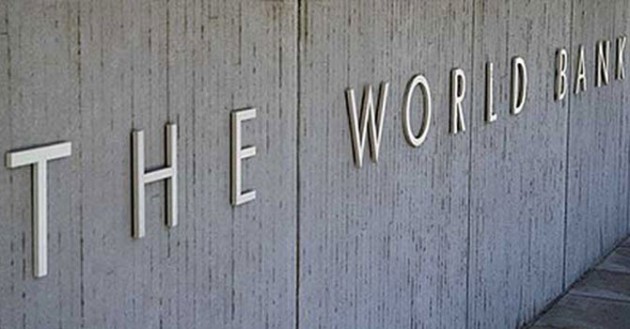Zim can register faster growth: WB

 Business Reporter
Business Reporter
THE World Bank says Zimbabwe still retains underlying strength to register over three percent economic growth this year despite a cocktail of downside risks weighing against prospects for the year.
World Bank Zimbabwe senior country economist Dr Johannes Herderschee said Zimbabweans should not be deluded by the short-term challenges facing the country, as the economy could do well.
Dr Herderschee said that it was worth noting existing challenges including the effect of the El Niño on agriculture, the impact of the depreciating rand on diaspora earnings and economy among others.
Dr Herderschee made the remarks at The Herald Business/Confederation of Zimbabwe Industries half-day symposium in Harare, themed “Economic Outlook 2016”.
He noted that the country registered lukewarm growth in 2015 largely driven by the home-grown strengths of the services sector.
These were ably supported by a strong, resilient, educated and hard working workforce, which kept going against the odds even as many lost jobs due to company closures, retrenchment and the negative effect of the fall of prices on global commodity markets.
“There is finance, insurance, it’s not only that, but it is also the potential that you have in tourism; there also is construction, it’s a relatively complicated sector compared to other service sectors. These things are still doing well. There is still underlying strength there for growth of over 3 percent,” said Dr Herderschee.
The biggest threat to Zimbabwe’s economic prospect this year is the fact that minerals, which have seen prices plummeting on global markets on slow down in China, the world’s biggest consumers of primary products, is the fact that unprocessed mineral account for over 90 percent of Zimbabwe’s export revenue.
The World Bank senior economist however said he was not under illusion of the situation facing the mining sector, utilities sector, manufacturing industry and the drought threatened agriculture sector.
He said that it must also be noted that some of the challenges, including slow growth, concerns about the impact of commodity prices and the effect of weakening domestic currencies were also issues other countries from the region have been battling this year.
He noted a number of areas where Zimbabwe is an outlier in the region namely the current account deficit and the issue of the low investment to gross domestic product, which has been the case for the past few years.
Further, he said that there was low inflation in the country due to the use of the dollar compared to higher levels of inflation in neighboring Zambia and South Africa, making imports a lot cheaper.











Comments